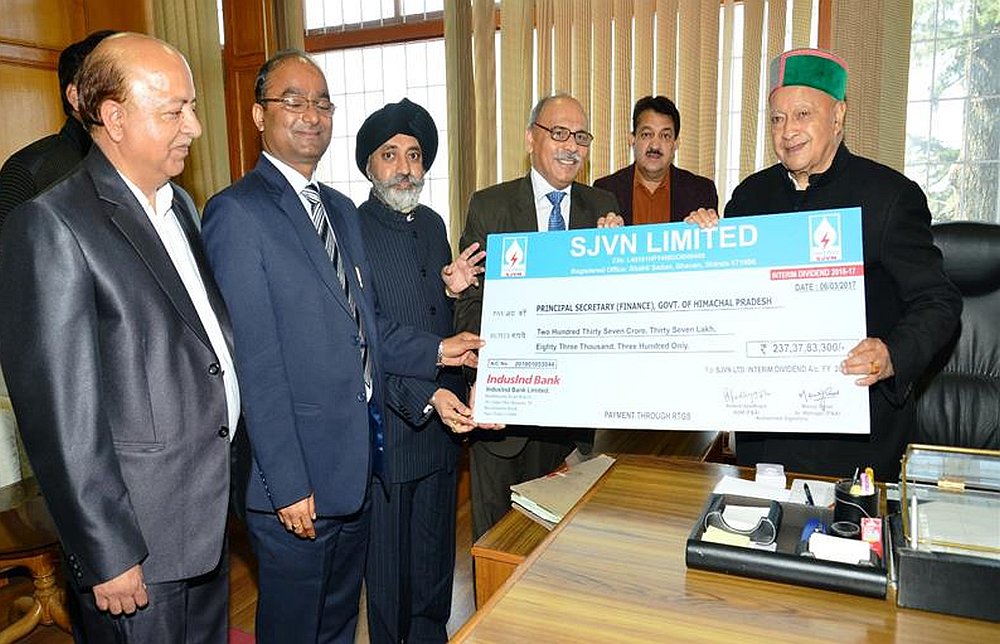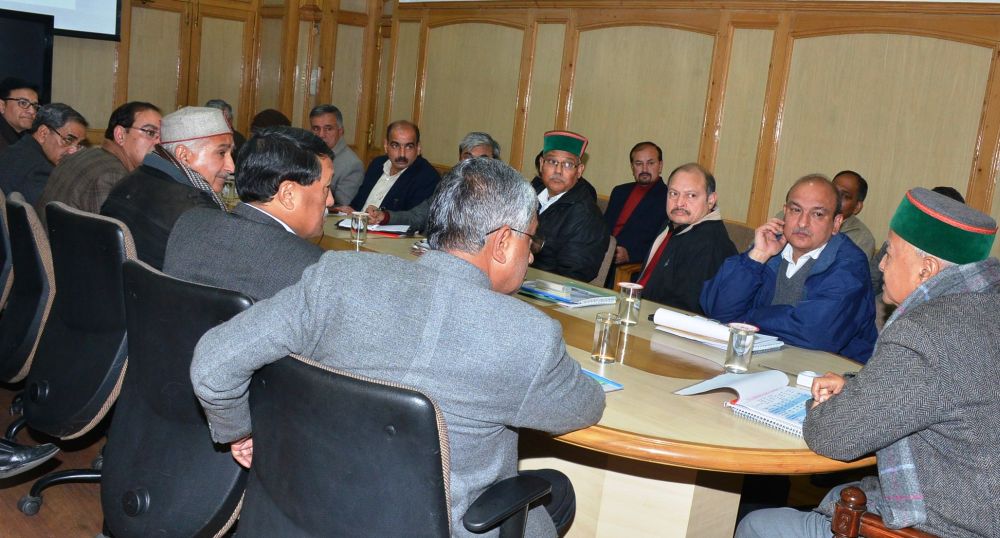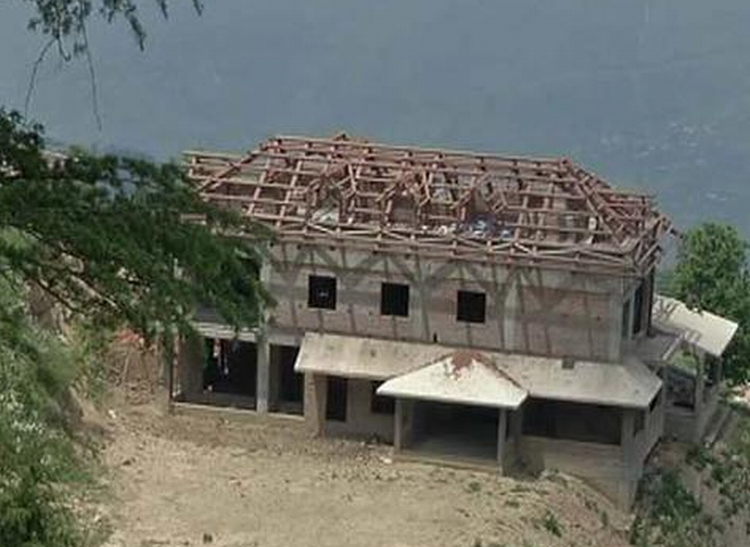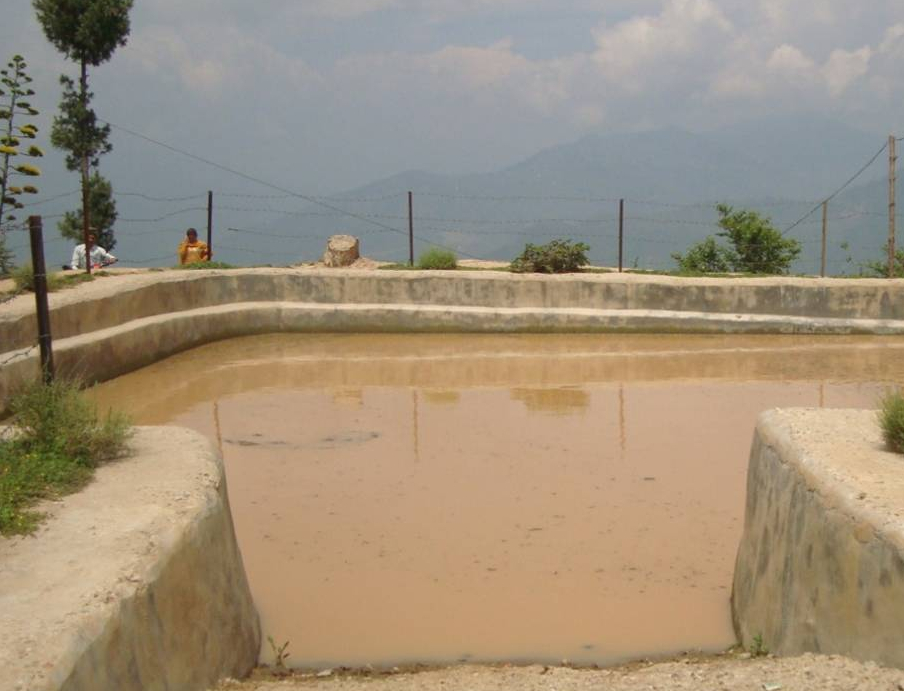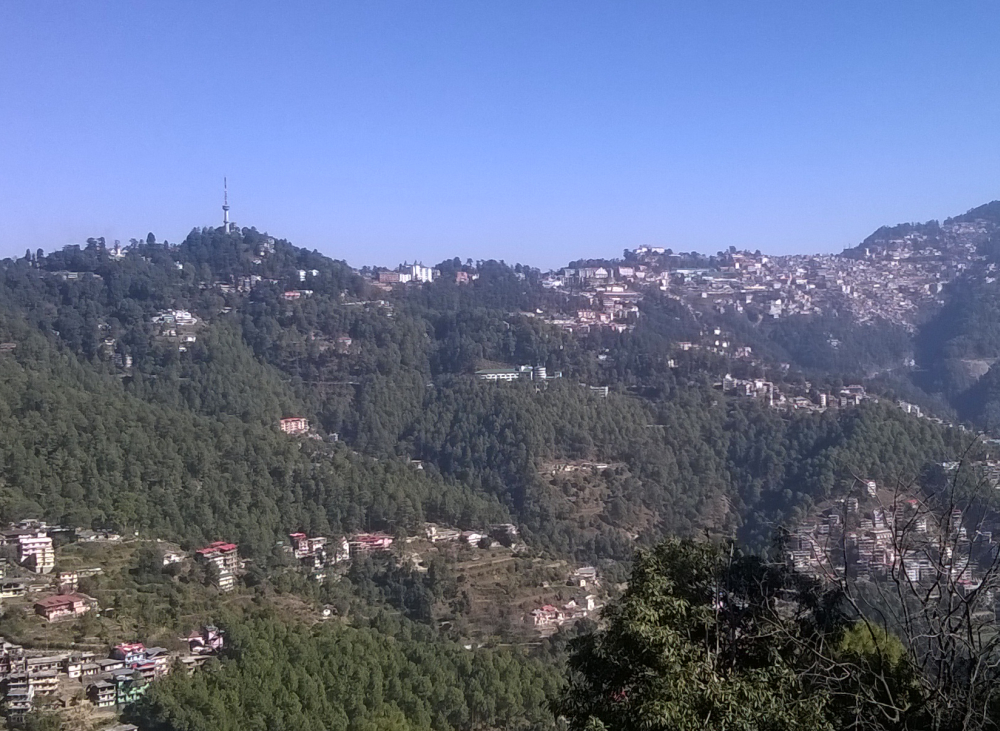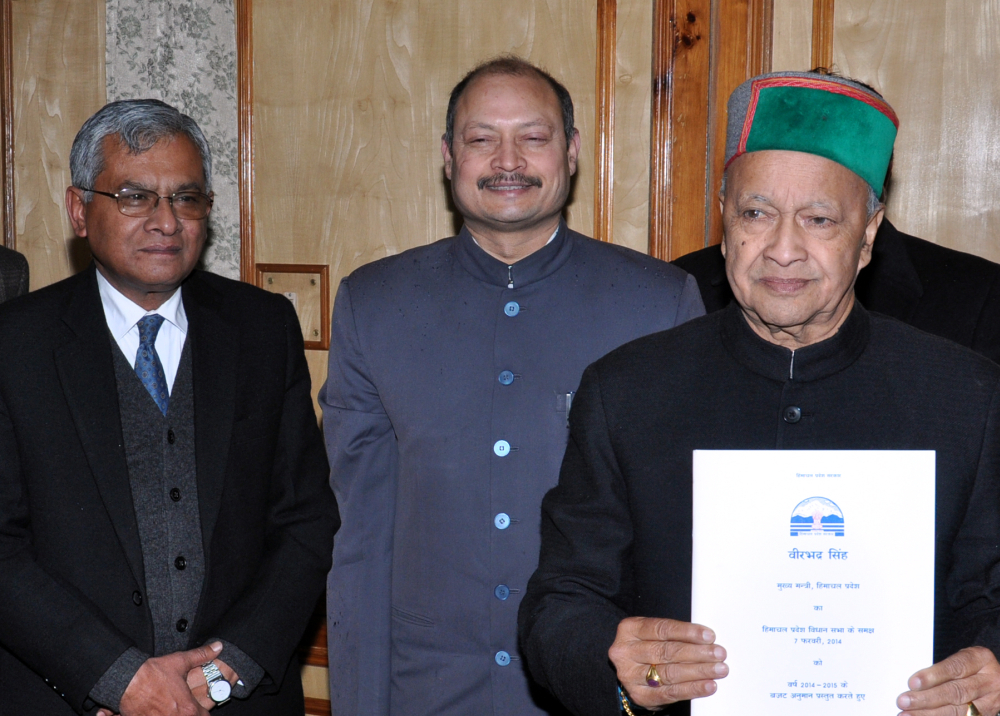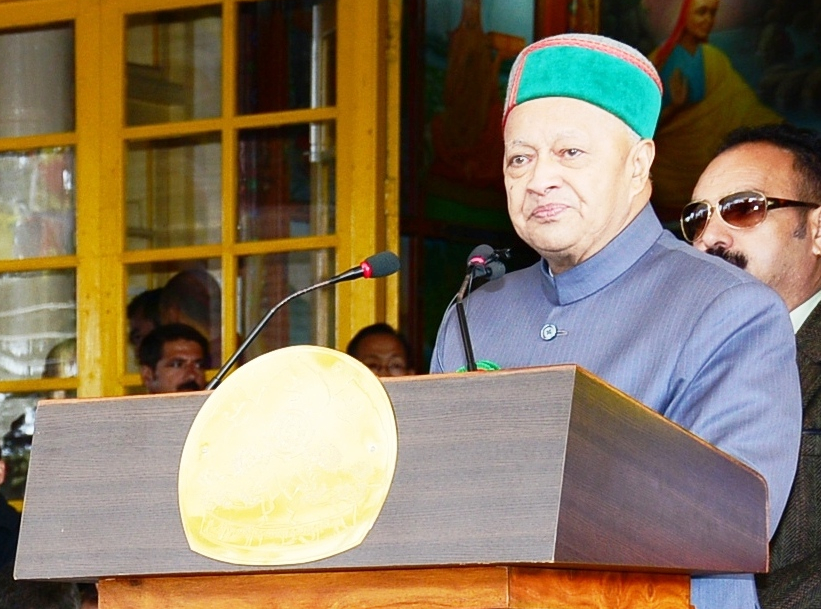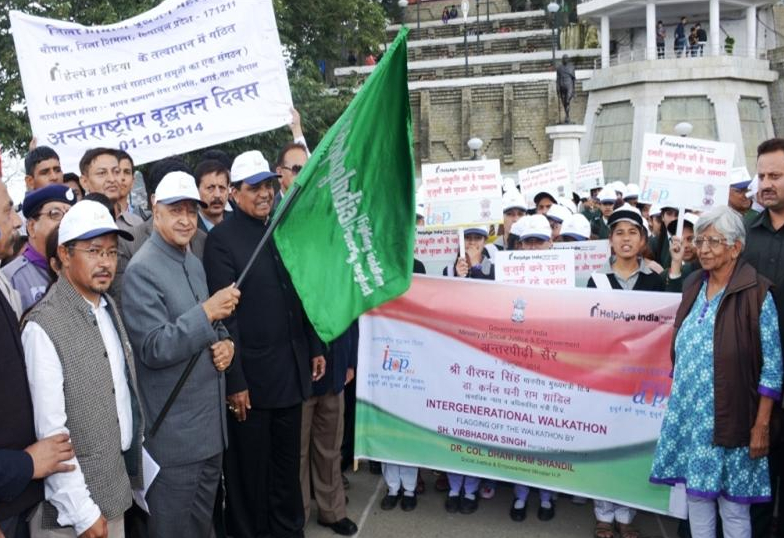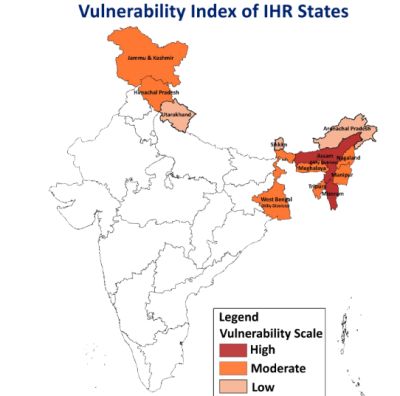Shimla – The Himachal Pradesh government is taking steps to end the long-standing Numbardar tradition, a practice dating back to the British era. This move comes after a resident of Mandi district raised concerns about the relevance of the Numberdari system in modern times and requested its abolition.
The Land Records Department has been instructed to assess the current status and responsibilities of the approximately 3,200 Numberdars stationed across the state. These individuals, who receive a monthly honorarium of ₹3,700 from the state government, have traditionally played a vital role in rural administration, including revenue collection and providing information related to government property and village affairs.
In a letter to the state government, the Mandi resident argued that the Numbardar tradition has outlived its usefulness, as the duties originally assigned to Numberdars under the Himachal Pradesh Land Records Rules-4 are no longer being fulfilled. The letter highlighted that Numbardar today neither collects revenue from villages nor reports encroachments or other important matters to revenue officers. Furthermore, the practice of appointing Numberdars based on lineage was criticized as outdated and unjustifiable in the present era.
In response to these concerns, the Additional Director of Land Records, Himachal Pradesh, has issued a directive to all districts, seeking detailed reports on the current roles and activities of Numberdars. This inquiry aims to clarify whether the Numbardar system still serves any practical purpose and to determine the feasibility of its continuation.
The Numbardar tradition dates back to British rule when it was established to facilitate various administrative tasks in rural areas. Numberdars played a key role in local governance, with their verification and testimony holding significant legal weight, even in the Supreme Court. Historically, they were integral to the functioning of village life, serving as intermediaries between the rural populace and the colonial administration.
However, with the evolution of administrative processes and the introduction of modern governance systems, the relevance of the Numbardar system has been called into question. The ongoing review by the Land Records Department is expected to shed light on the current utility of this tradition and inform the government’s decision on its future.
Should the reports from the districts confirm the concerns raised, the Himachal Pradesh government may soon put an end to this longstanding tradition, marking a significant shift in the state’s approach to rural administration. The decision will undoubtedly resonate through the history of Himachal Pradesh, as it bids farewell to a system that has been in place for generations.


